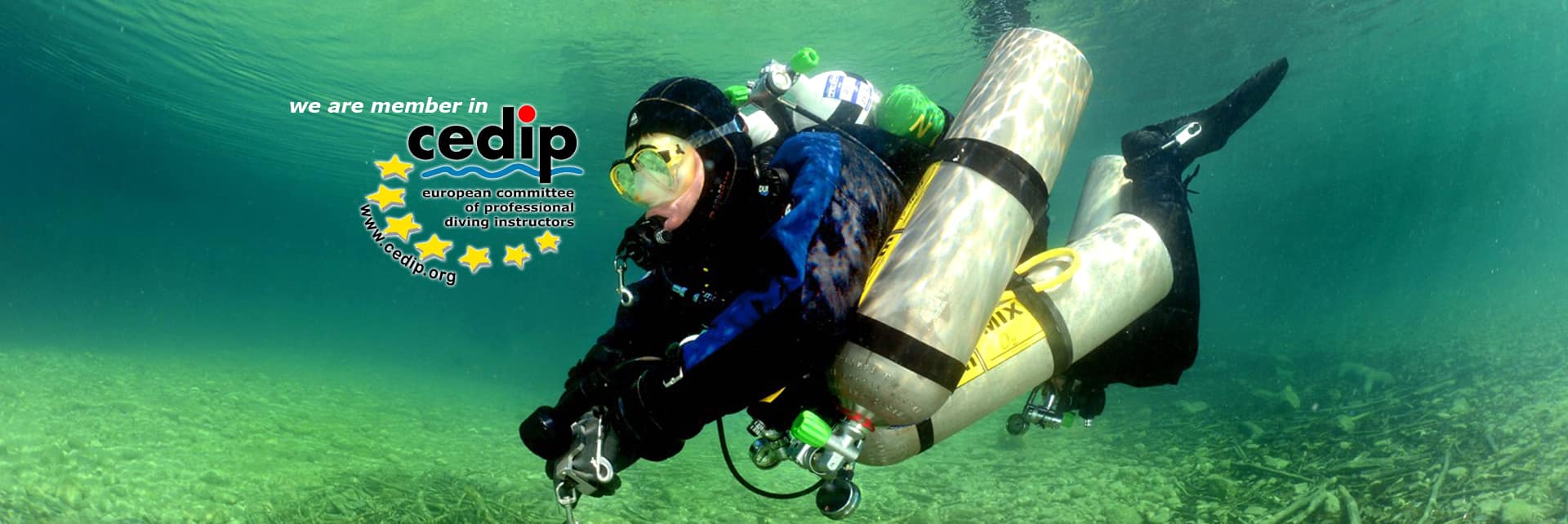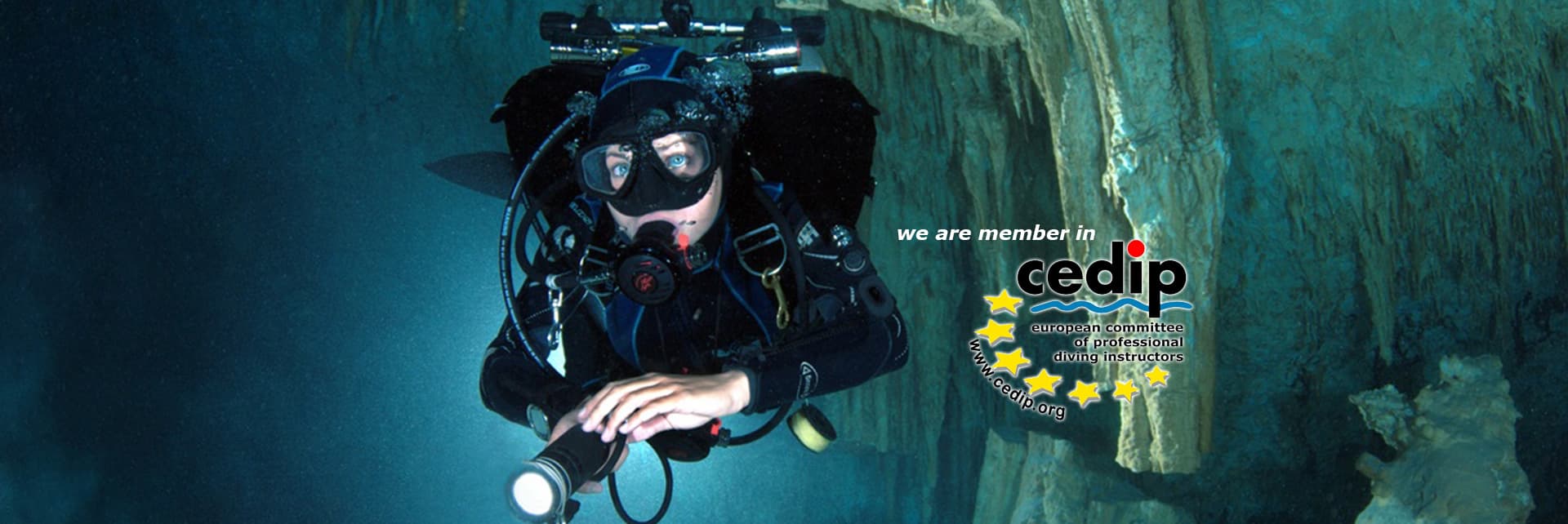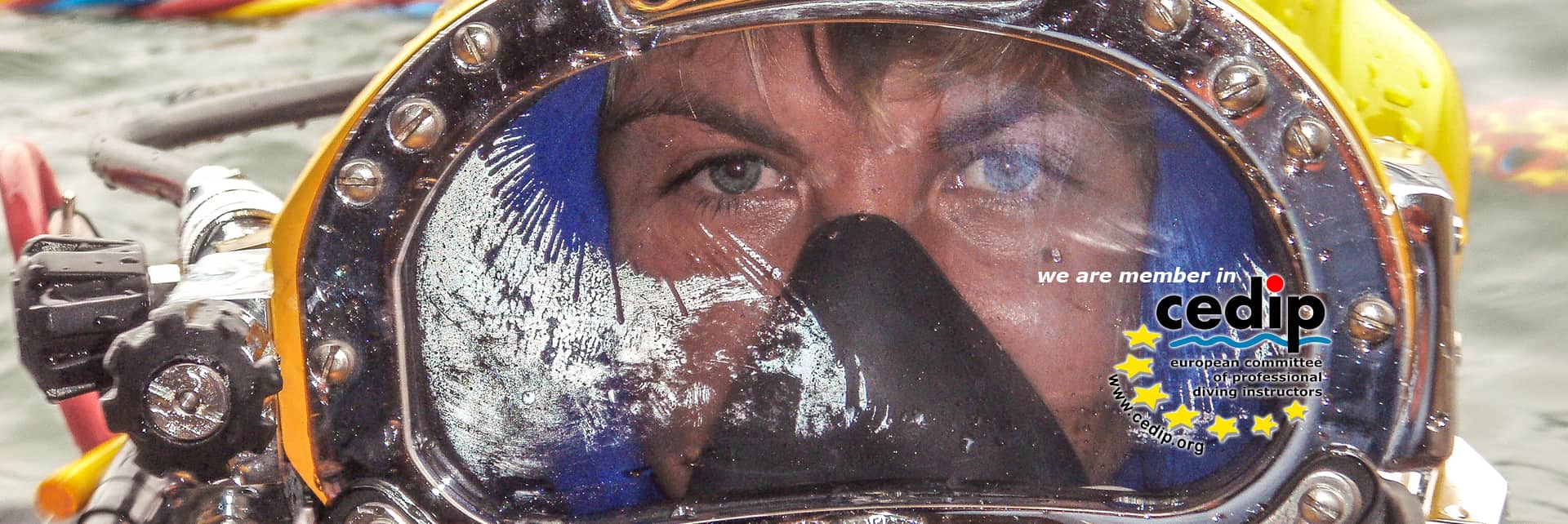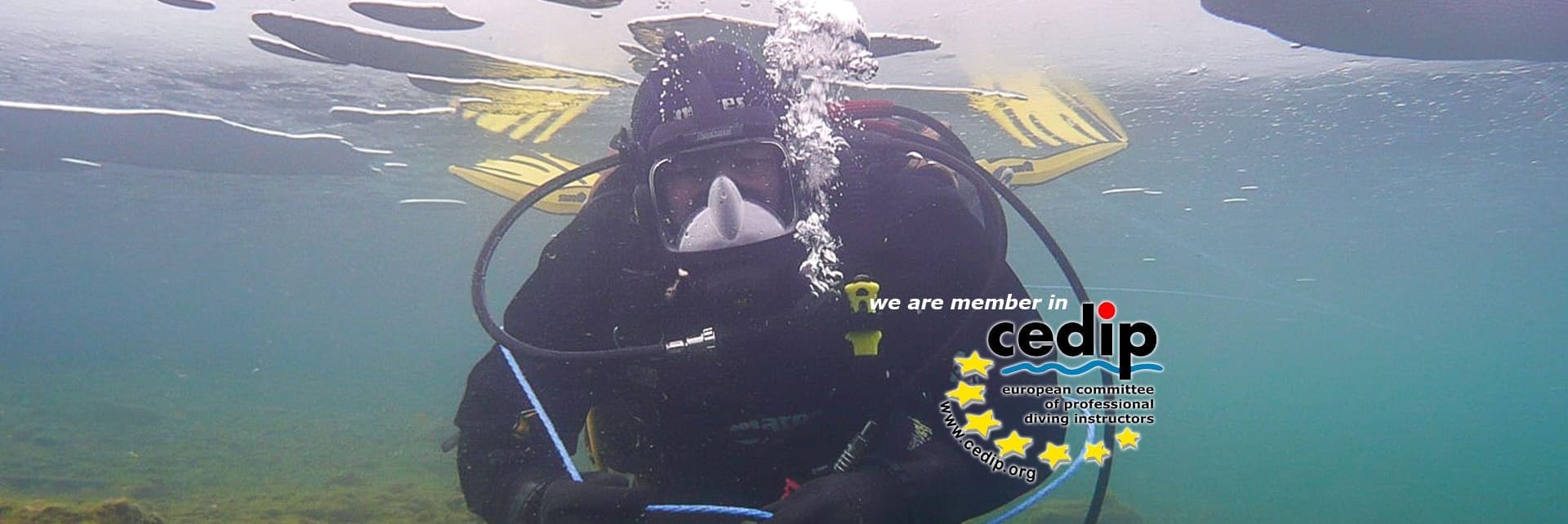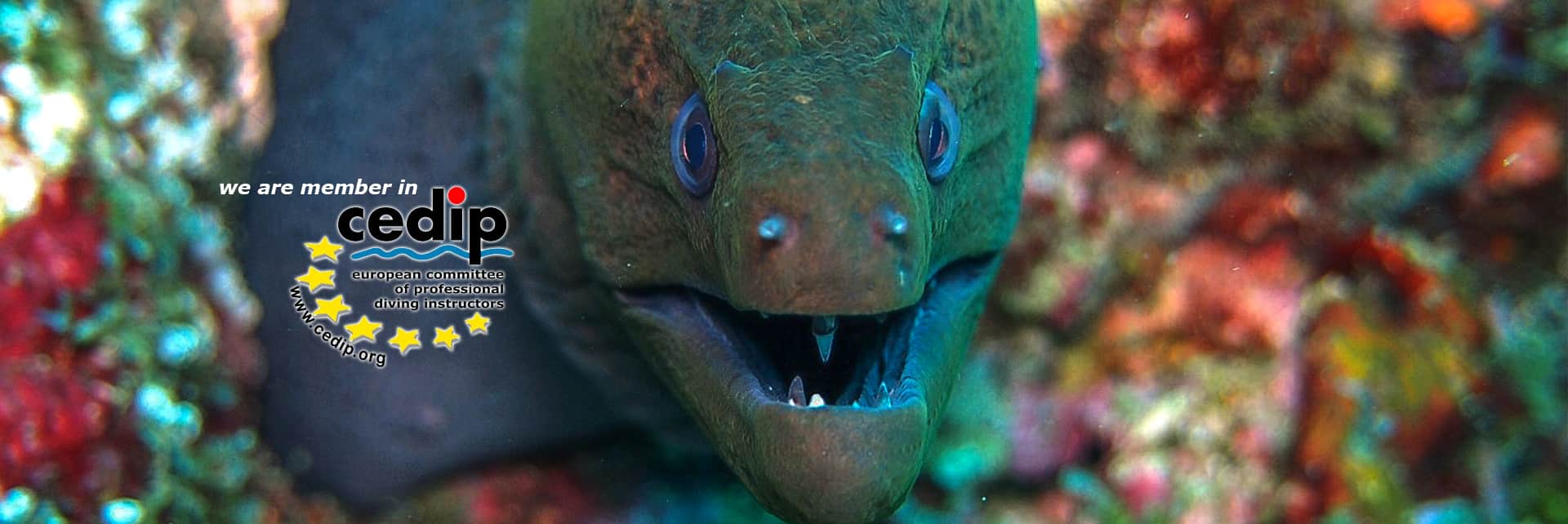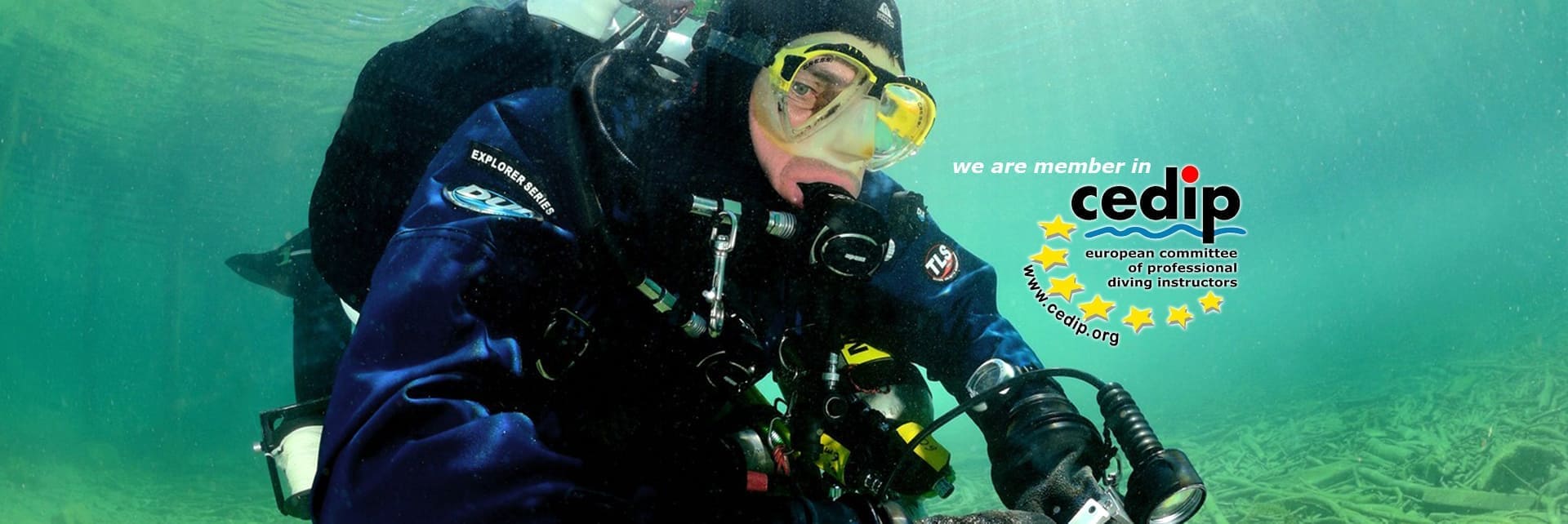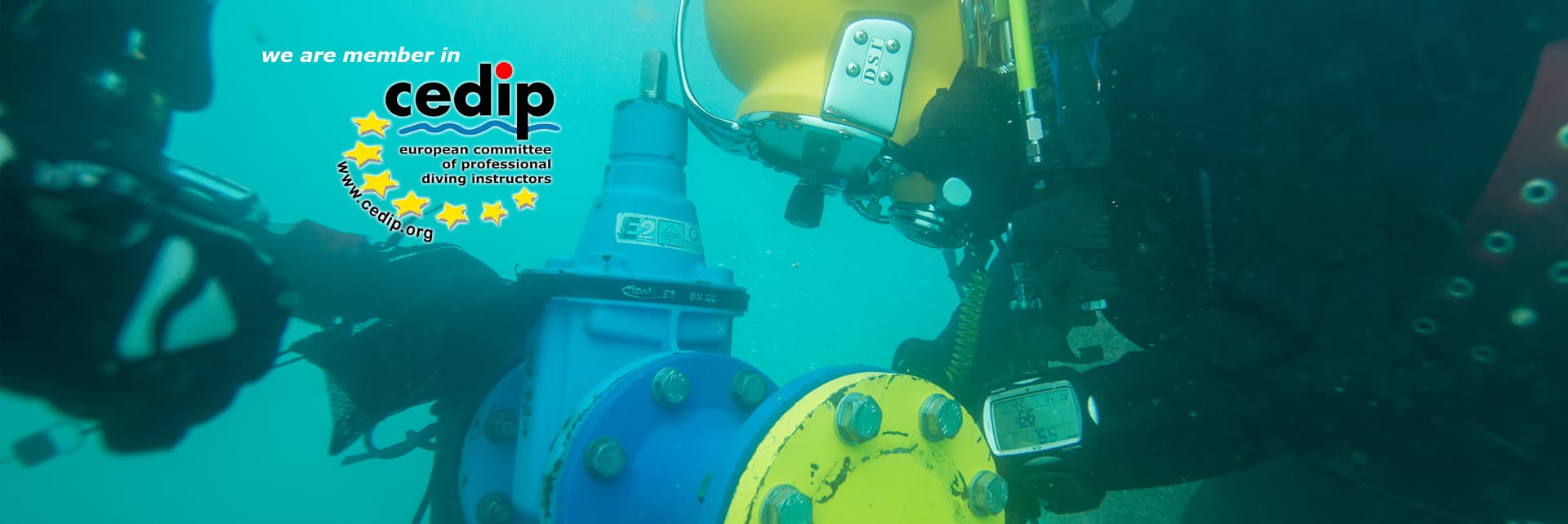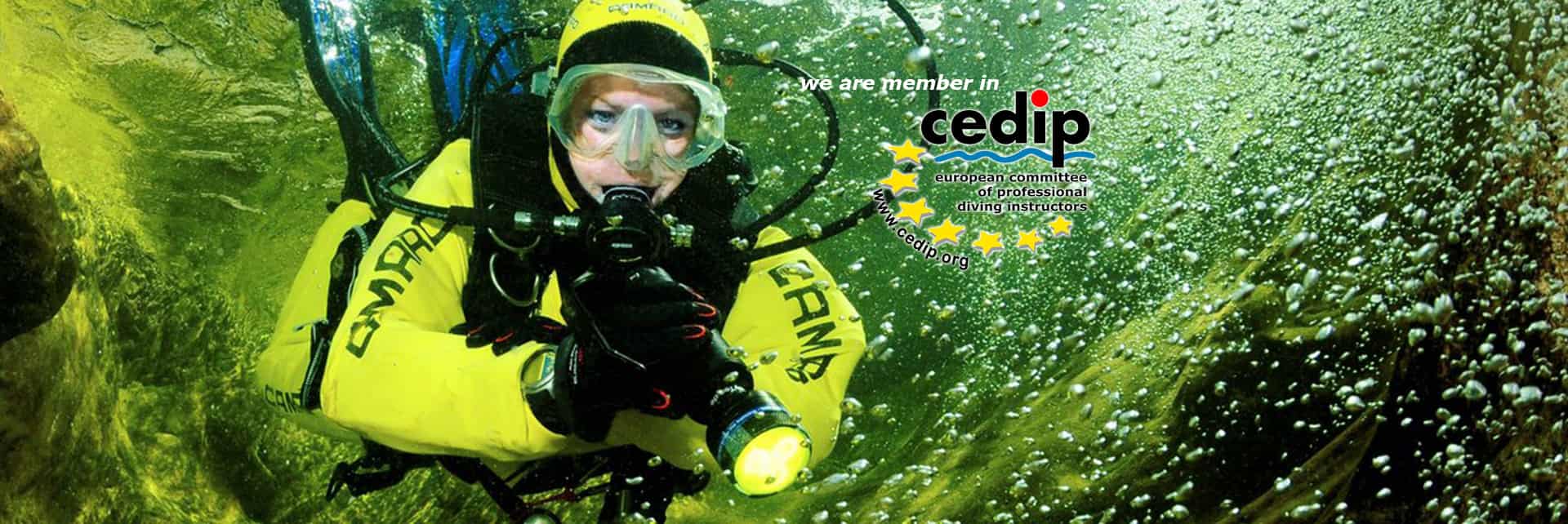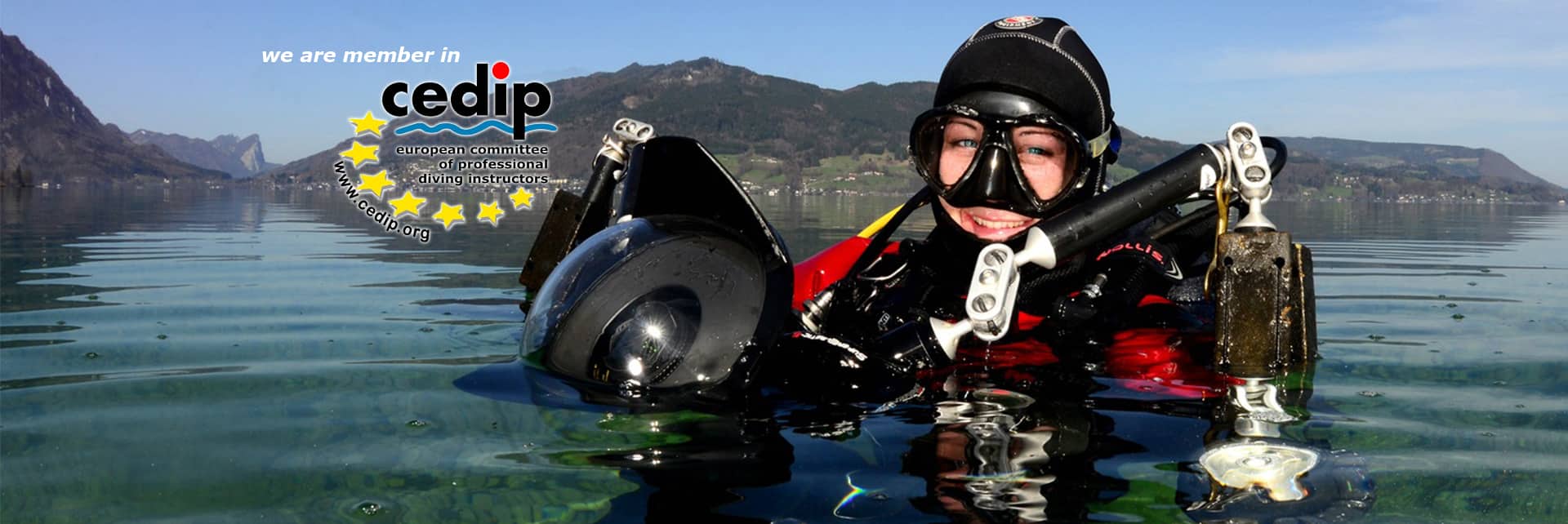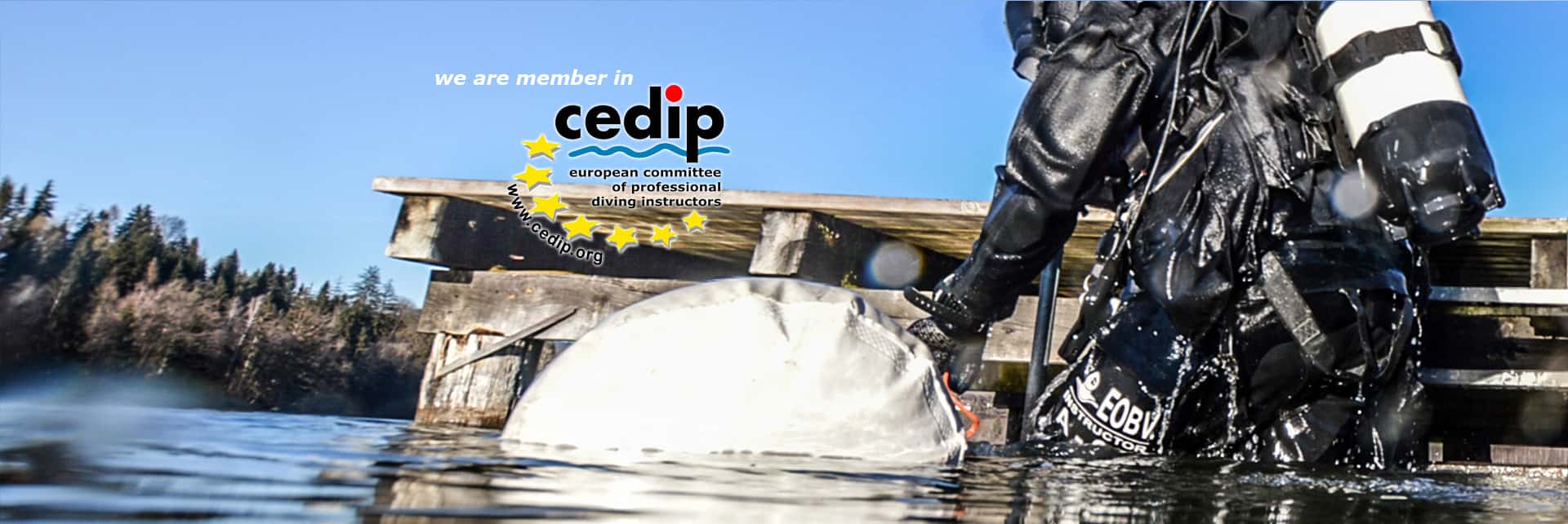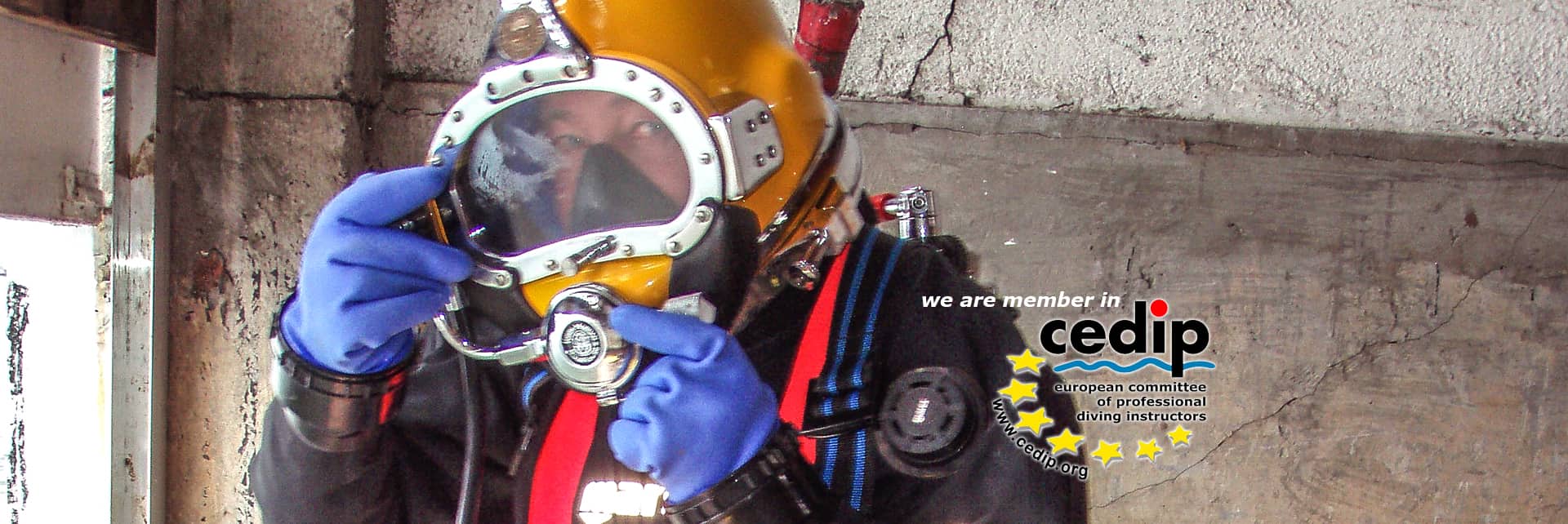Information COVID-19
Information on COVID-19 and diving
As of May 12, 2020
Dear diving friends
the current COVID19 pandemic requires restrictions in many areas of daily life and also affects recreational and professional diving.
In general, all sporting activities are discouraged, except for those that can be carried out alone, in pairs or with a very small number of people, and only if sufficient distance can be guaranteed between participants and sharing of sports equipment is avoided .
During (recreational) diving it is impossible to keep the minimum distance recommended by the World Health Organization (WHO) for COVID-19 prevention . Even if there is no evidence of virus transmission through water, this recommendation applies without restriction. Likewise, the use of rental equipment can pose a risk of transmission of the virus. Alternating breathing, which may be necessary in situations of lack of air, can never be completely ruled out when diving.
In addition, despite careful dive planning and limiting the diving depth, it is not possible to prevent the occurrence of diving-related health disorders such as e.g. B. barotrauma, decompression sickness, immersion pulmonary edema or near-drowning, which require medical attention. This could be compromised under the current conditions of (self-)isolation and personal protection, as well as the scarcity of rescue and medical resources.
The overall reduced availability of pressure chambers for the treatment of diving accidents should not be underestimated either.
Therefore, the prohibition of (sports) activities with a high risk factor by our federal government was a logical step, which serves to relieve medical facilities during the pandemic.
The European Society for Underwater and Baromedicine (EUBS) , in coordination with the European Committee for Hyperbaric Medicine (ECHM), recommends in its broadcast of March 26th, 2020:
- All recreational diving activities should be suspended for the duration of the COVID-19 pandemic.
- All recreational diving medical assessments, as these are considered “non-urgent” and “non-medically essential” , should be postponed to a later date. Medical examinations inevitably require close face-to-face contact between the doctor and the diver, which is incompatible with current recommendations on interpersonal distance. Diving organizations that require a dive medical examination should consider an interim solution, such as extending the validity of the current medical certificate.
- The continuation of diving activities and medical examinations for professional divers is the responsibility of the employer after careful risk analysis, taking into account all advice from national regulators, the urgency of the diving activities and the ability to ensure adequate medical care in case of diving-related illnesses or injuries. This may mean that in some areas diving activities should be postponed unless medical care can be guaranteed without resorting to public health facilities.
Due to the overall decline in the number of infections, the strict measures are now being gradually relaxed, but not completely lifted. Health, economic, social and psychological aspects must be taken into account.
Not much is currently known about various long-term damage caused by COVID-19 in people who are healthy again. It is certain that an illness with the COVID-19 virus can cause serious problems in the lungs. Various broadcasts on social media are currently unsettling many divers.
After COVID-19 illness – despite subjective well-being – there may be pathological changes in the lungs that could be the cause of pulmonary barotrauma. In these cases, diving suitability would not be given.
In connection with COVID-19 diseases, damage to the heart muscle can occur in addition to lung disease. This can go largely unnoticed and, as a result, leave scarring on the heart muscle, which (depending on the size) can be the cause of a restricted pumping capacity. Damage to the heart muscle can be an important factor in the occurrence of sudden heart failure during diving. Lung symptoms, extreme tiredness and rapid exhaustion can indicate such scarring of the heart muscle.
Therefore, it is strongly recommended that divers, after pulmonary and/or cardiac involvement, refrain from diving (as well as other physical exertion) for at least 3 months after recovery and consult a dive physician to have their fitness to dive evaluated before resuming diving activities. In individual cases, it may be necessary to expand the examination and possibly perform additional tests and/or a lung CT to enable a final assessment.
People who have tested positive for SARS-COV2 (i.e. who have been proven to be infected with the virus) but who do not experience any symptoms themselves can infect other people over a certain period of time. Currently, a period of 2 weeks is considered potentially infectious.
Since, as mentioned above, severe lung changes are also possible after seemingly “harmless” courses, a medical assessment of fitness is recommended in any case before diving again.
Diving schools and diving centers are advised to strictly comply with hygiene standards (minimum distances between people, frequent hand washing, disinfection of equipment, etc.).
Diving with an increased percentage of oxygen in the breathing gas:
Little is currently known about an increased risk and sensitivity to oxygen toxicity after COVID19 illness.
Therefore, the recommendation is to avoid technical diving (with prolonged breathing of hyperoxic gas, with pO 2 of 1.3 bar or higher). With “nitrox” diving, a maximum pO 2 of 1.4 bar is inhaled for a short time at the deepest point of the dive. Based on current knowledge, this should not be a problem. However, sensible (restrictive) dive planning is recommended.
Decompression Considerations:
Questions regarding decompression when diving also frequently arise. After an illness with COVID-19, the efficiency of the “lung filter” for venous vesicles could be reduced. Venous bubbles could get into the arterial limb (“arterialization” of gas bubbles, comparable to the overflow of bubbles in an open foramen ovale) and result in clogging of arteries in the brain with symptoms of a serious diving accident.
Therefore, it is suggested that divers who have experienced pulmonary symptoms of COVID-19 , even after regaining their fitness to dive, initially limit activities to no-decompression dives and also avoid “maxing out” no-decompression limits.
Due to the currently valid regulation, training and recreational diving activities are currently prohibited in Austria. What the forthcoming announced easing will bring remains open at the moment.
We wish you good air and a healthy, albeit limited, diving season.
